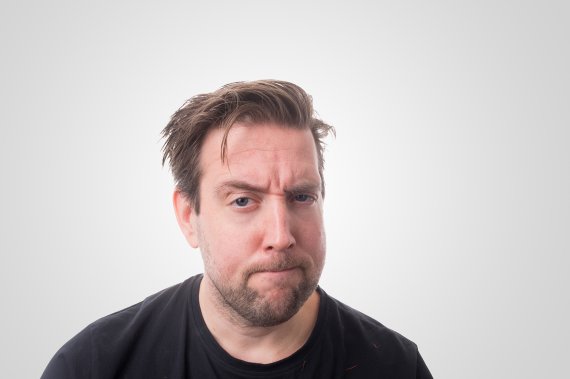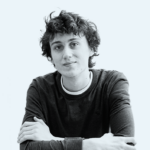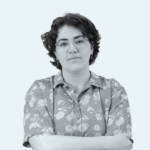Text: Guido Camps
Mainly, I heard people talking about two anonymous professors who had apparently been lured by a big bag of research funding into presenting positive ‘research results’ about an energy drink. Personally, what bothered me was something else in the programme.
The presenters carried out their own poor study (their own words), to see whether it would make the news. When their nonsense study was quickly picked up on by a few media outlets, they concluded that it was shockingly easy to use research results as a marketing tool. Rambam focuses in the programme on researchers and research institutions, but does not look at the role of the media in spreading news of poor research, and reporting on good research poorly.
On the same day the programme was broadcast, there was an article on the website of the Dutch newspaper Algemeen Dagblad about a Belgian study on sea air and cancer cells. The researchers themselves were cautious: ‘Sea spray was tested on cancer cells on dishes in the lab. You’ve got to take 100 further steps before something like that really works. The headlines now say: sea air helps against cancer. But of course you can’t say that on the basis of a lab study like this.’ And what was the AD’s headline about this study? ‘Breathing in sea air helps against cancer and high cholesterol’. Perhaps the TV journalists at Rambam could turn their gaze on their own media colleagues at some point.
Guido Camps (34) is a vet and a postdoc at the Human Nutrition department. He enjoys baking, beekeeping and unusual animals.




